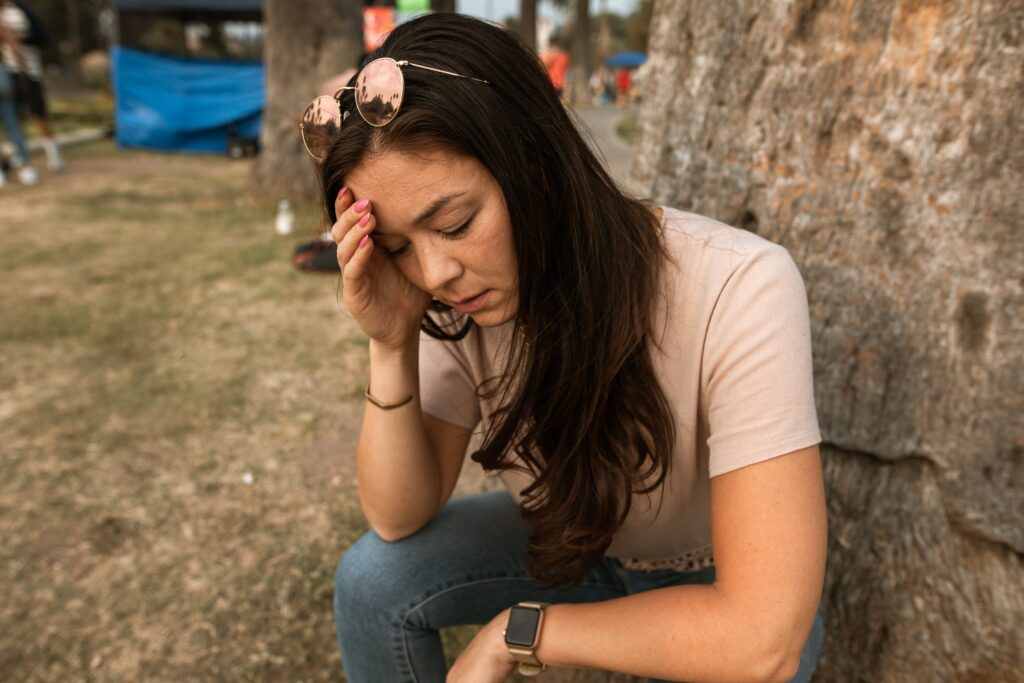Effexor (venlafaxine) is a type of antidepressant called an SNRI (serotonin-norepinephrine reuptake inhibitor). It works by adjusting the brain’s levels of serotonin and norepinephrine, chemical messengers that play key roles in mood and cognition. Norepinephrine is associated with attention and responding mechanisms in the brain, while serotonin influences mood, anxiety, sleep, appetite, and memory. When these neurotransmitters are balanced, they contribute to an enhanced state of mental well-being.
With any medication, though, especially those that affect brain chemistry, there is a concern about their potential for addiction. Read on to learn more about Effexor addiction and discover how you can engage with evidence-based treatment near you.
Is Effexor Addictive?
Effexor is not addictive in the traditional sense that substances like nicotine, alcohol, or opioids can be. It does not trigger cravings or compulsive drug-seeking behaviors, both of which are hallmarks of addiction.
That said, although it is not possible to become addicted to this drug, the medication is well-known for its challenging Effexor withdrawal symptoms due to the development of physical dependence.
Addiction and dependence are related but not synonymous. Dependence refers to the physical state in which the body has adapted to a drug, often resulting in withdrawal symptoms if the drug is abruptly stopped or decreased, while addiction includes a psychological component of craving and loss of control over usage.
Among antidepressants, Effexor can cause particularly uncomfortable withdrawal symptoms, clinically described as antidepressant discontinuation syndrome. This can occur even if a dose is missed or when tapering off the medication. Symptoms can include dizziness, nausea, flu-like symptoms, and sensory disturbances, such as electric shock sensations. Due to the possibility of these withdrawal symptoms, seamless Effexor discontinuation should be gradual and closely supervised by a healthcare professional to minimize discomfort and safely manage any potential withdrawal effects.

Effexor Dependence
The nature of Effexor dependence is mainly physiological, a result of the body’s adaptation to the presence of the medication over time. Dependence is characterized by the body’s adjustment to the drug’s influence on serotonin and norepinephrine levels; leading to a new balance in brain chemistry that depends on the drug to maintain equilibrium. When the drug’s use is discontinued or the dosage is reduced, the body may struggle to stabilize these neurotransmitter levels on its own, which is what leads to the symptoms of discontinuation syndrome.
Dependence on Effexor does not necessarily equate to abuse or addiction but rather indicates that the CNS (central nervous system) has become accustomed to the drug’s effects. Dependence is a common and expected aspect of long-term treatment with many types of antidepressants.
Managing Effexor dependence usually involves a carefully planned and monitored tapering process under the guidance of a healthcare provider, which allows the brain and body time to adapt to each reduction in dosage. Communicate openly with healthcare providers about treatment plans and any concerns about stopping or changing medication.
Side Effects of Quitting Effexor
Quitting Effexor, particularly without a gradual tapering strategy, can lead to a number of side effects as the body readjusts to functioning without the drug. These side effects are components of what is known as discontinuation syndrome and can range from mild to severe, depending on the dosage and length of time using the medication.
Individuals discontinuing Effexor may experience mood swings, irritability, or heightened anxiety and depression. Physically, they might encounter flu-like symptoms, headaches, nausea, and sleep disturbances, including insomnia or intense dreams. Some people also report sensory disturbances, commonly described as brain zaps, a feeling of electric shocks or jolts in the brain Other potential side effects include dizziness, fatigue, and problems with coordination or balance.
Due to these possible effects, it is never advisable to quit Effexor cold turkey. Instead, a healthcare provider should oversee the process, devising a tapering schedule that gradually decreases the dose to mitigate withdrawal symptoms and monitor well-being.
FAQs
Can you abuse Effexor?
For those wondering if Effexor can be abused, the potential for misuse is not as pronounced as that of addictive substances like opioids or benzodiazepines, as it does not produce a high or euphoric feeling that prompts abuse.
Is mixing Effexor and alcohol bad for you?
Mixing Effexor with alcohol is generally not recommended as it can exacerbate the side effects of the drug like drowsiness and impaired motor function. Combining these substances may also increase the risk of overdose.
Is there Effexor addiction treatment available?
While Effexor is not addictive, treatment for discontinuation symptoms is available and typically involves a gradual tapering of the medication under medical supervision to minimize withdrawal effects.
What are the coming off Effexor side effects?
Coming off Effexor can trigger side effects in the form of antidepressant discontinuation syndrome. These side effects may include dizziness, headaches, nausea, and flu-like symptoms.

Get Treatment for Prescription Drug Abuse at Gratitude Lodge
If you require antidepressant addiction treatment in Southern California, we can help you at Gratitude Lodge. Our treatment facilities are located in both Long Beach and Newport Beach, welcoming you and your pet to address issues with prescription drug abuse.
Take advantage of a tapered reduction in dosage to streamline withdrawal from prescription medications with our supervised medical detox program. After detoxification, move into ongoing inpatient treatment at one of our luxury beachside rehabs in Southern California.
All Gratitude Lodge addiction treatment programs offer personalized treatments that may include:
- Psychotherapies
- MAT (medication-assisted treatment)
- Holistic interventions
- Family therapy
- Individual counseling
- Group therapy
- Aftercare planning
When you are ready to tackle prescription drug abuse in Southern California, call 800-994-2184.




























